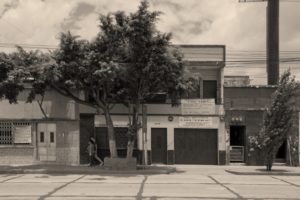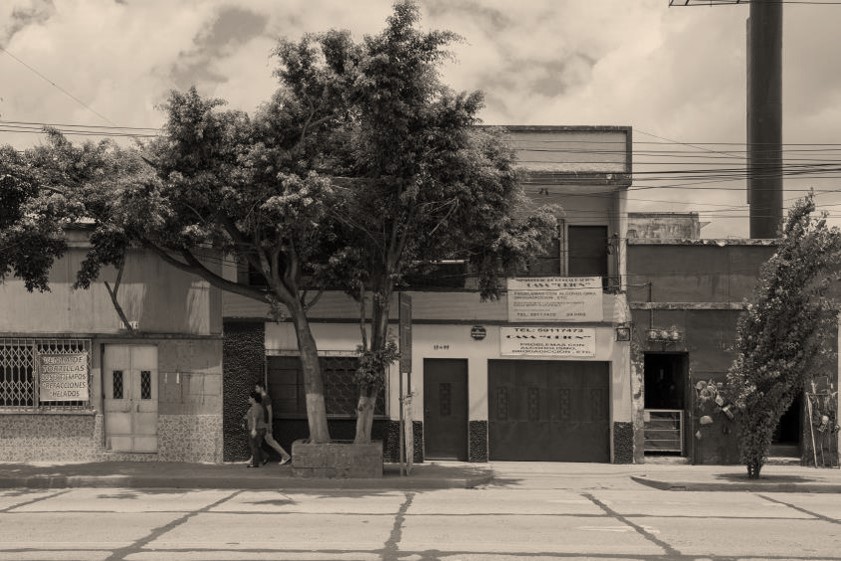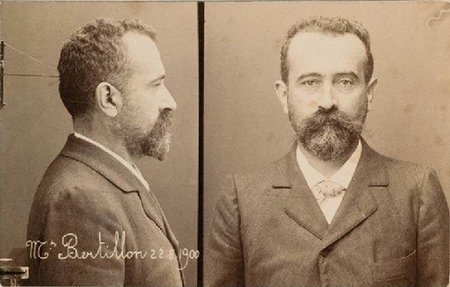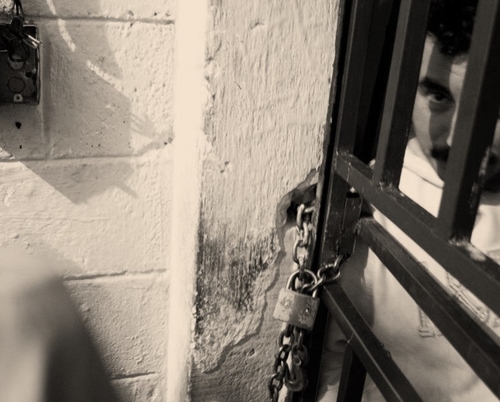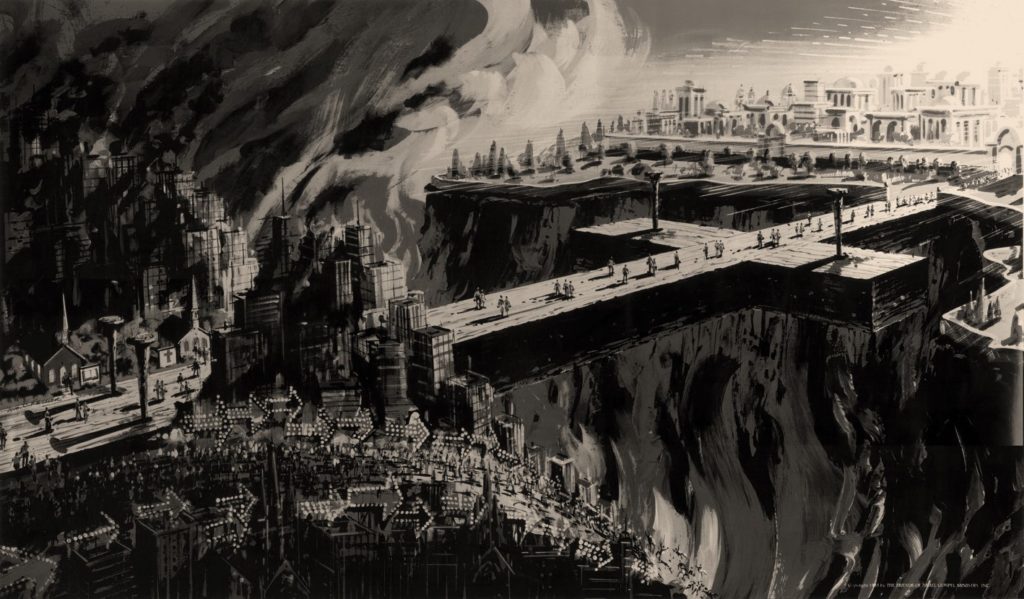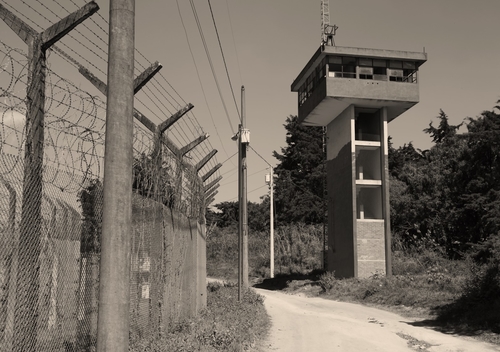Selected Articles
“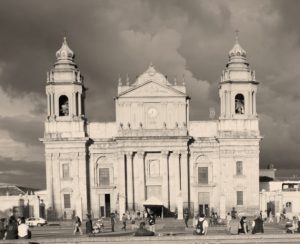 The Unmaking of a Pedophilic Priest: Transnational Clerical Sexual Abuse in Guatemala”
The Unmaking of a Pedophilic Priest: Transnational Clerical Sexual Abuse in Guatemala”
Comparative Studies in Society and History 62(4): 745-769
Throughout the second half of the twentieth century, Latin America became something of a dumping ground for US priests suspected of sexual abuse, with north-to-south clerical transfers sending predatory priests to countries where pedophilia did not exist in any kind of ontological sense. This article, in response, engages how the Roman Catholic Church leveraged the psychological and juridical differences between the United States and Guatemala to insulate itself from litigation.
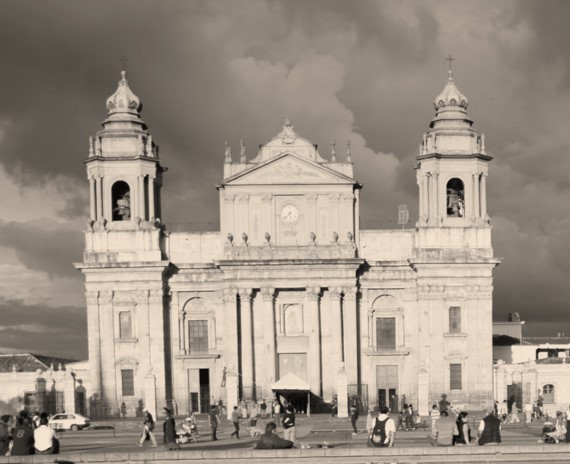
“The Unmaking of a Pedophilic Priest: Transnational Clerical Sexual Abuse in Guatemala”
Comparative Studies in Society and History 62(4): 745-769
Throughout the second half of the twentieth century, Latin America became something of a dumping ground for US priests suspected of sexual abuse, with north-to-south clerical transfers sending predatory priests to countries where pedophilia did not exist in any kind of ontological sense. This article, in response, engages how the Roman Catholic Church leveraged the psychological and juridical differences between the United States and Guatemala to insulate itself from litigation.
“On the Importance of Wolves”
Cultural Anthropology 33(3)2018: 499-520
What would it mean for pastoralism to be a matter of wolves rather than sheep? Across Guatemala City, Pentecostal drug rehabilitation centers warehouse the mentally ill, whom the faithful call wolves (lobos). Providing a provocative counterexample to celebrated ethnographies that tell terrible tales of societies that let die rather than make live, this essay details how and to what effect pastors actively acquire rather than abandon these so-called wolves.
“On the Importance of Wolves”
Cultural Anthropology 33(3)2018: 499-520
What would it mean for pastoralism to be a matter of wolves rather than sheep? Across Guatemala City, Pentecostal drug rehabilitation centers warehouse the mentally ill, whom the faithful call wolves (lobos). Providing a provocative counterexample to celebrated ethnographies that tell terrible tales of societies that let die rather than make live, this essay details how and to what effect pastors actively acquire rather than abandon these so-called wolves.
“Captivity: A Provocation”
Public Culture. 30(1)2018: 3-18. Co-authored with Jatin Dua
If a critical mass of scholars today can say with confidence that politics has become a matter of abandonment, then we must add that it has also become, even if through a parallel and opposed genealogy, a matter of captivity. This essay, in response, proposes that captivity provokes us to consider anew the complex contours of violence and economy, affect and agency, and bondage and freedom.
“Captivity: A Provocation”
Public Culture. 30(1)2018: 3-18. Co-authored with Jatin Dua
If a critical mass of scholars today can say with confidence that politics has become a matter of abandonment, then we must add that it has also become, even if through a parallel and opposed genealogy, a matter of captivity. This essay, in response, proposes that captivity provokes us to consider anew the complex contours of violence and economy, affect and agency, and bondage and freedom.
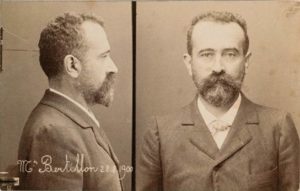 “Caught on Camera”
“Caught on Camera”
Public Culture 29(3)2017: 493-514
This essay explores the imbrication of taking photos and taking men, assessing not only the visual technologies that forge new forms of social surveillance but also the Christian ontology that prompts pastors in Guatemala to see (and seize) drug users.
“Caught on Camera”
Public Culture 29(3)2017: 493-514
This essay explores the imbrication of taking photos and taking men, assessing not only the visual technologies that forge new forms of social surveillance but also the Christian ontology that prompts pastors in Guatemala to see (and seize) drug users.
“On Hunting”
Critical Inquiry 43(3)2017: 697-718
Pentecostal pastors across Guatemala City track down drug users, as if they are animals, to remind them, in classic Christian fashion, that they are human—that, in the words of so many missionaries before them, it is not enough to be human, one must also act human. These efforts at ontological policing upset an increasingly bundled set of images about pastoralism today.
“On Hunting”
Critical Inquiry 43(3)2017: 697-718
Pentecostal pastors across Guatemala City track down drug users, as if they are animals, to remind them, in classic Christian fashion, that they are human—that, in the words of so many missionaries before them, it is not enough to be human, one must also act human. These efforts at ontological policing upset an increasingly bundled set of images about pastoralism today.
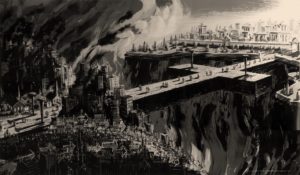 “On Liberation: Crack, Christianity, and Captivity in Postwar Guatemala”
“On Liberation: Crack, Christianity, and Captivity in Postwar Guatemala”
Social Text 32(3)2014: 11-28
Roman Catholic theologians, only a few decades ago, made Latin American Christian liberation a matter of God’s will. They prophesied (with great Hegelian flare) about social progress, economic development, and the long arc of history. Yet today, as a Pentecostal practice, Christian liberation and its formation of the will are not about time (or progress or even the future). It is about space. It is about getting out of here.
“On Liberation: Crack, Christianity, and Captivity in Postwar Guatemala”
Social Text 32(3)2014: 11-28
Roman Catholic theologians, only a few decades ago, made Latin American Christian liberation a matter of God’s will. They prophesied (with great Hegelian flare) about social progress, economic development, and the long arc of history. Yet today, as a Pentecostal practice, Christian liberation and its formation of the will are not about time (or progress or even the future). It is about space. It is about getting out of here.
“Verticality”
Journal of the Royal Anthropological Institute 19(2)2013: 378-388. Co-authored with Benjamin Fogarty
Anthropological critiques of urban segregation tend to maintain a horizontal frame. Walls and gates keep undesirable people over there as opposed to here. Insightful as this approach has been, this article pairs everyday perspectives with the built form to assess the politics of vertical segregation in Guatemala City.
“Verticality”
Journal of the Royal Anthropological Institute 19(2)2013: 378-388. Co-authored with Benjamin Fogarty
Anthropological critiques of urban segregation tend to maintain a horizontal frame. Walls and gates keep undesirable people over there as opposed to here. Insightful as this approach has been, this article pairs everyday perspectives with the built form to assess the politics of vertical segregation in Guatemala City.
 “Left Behind: Security, Salvation, and the Subject of Prevention”
“Left Behind: Security, Salvation, and the Subject of Prevention”
Cultural Anthropology 28(2)2013: 204-226
In North Carolina, a faith-based 501(c)(3) nonprofit organization facilitates a child sponsorship program that connects North American evangelical Christians with at-risk children in one of postwar Guatemala City’s most violent neighborhoods. Based on fieldwork in North Carolina and in Guatemala, with both sponsors and the sponsored, this article explores how child sponsorship makes the work of gang prevention dependent on the work of self-cultivation.
“Left Behind: Security, Salvation, and the Subject of Prevention”
Cultural Anthropology 28(2)2013: 204-226
In North Carolina, a faith-based 501(c)(3) nonprofit organization facilitates a child sponsorship program that connects North American evangelical Christians with at-risk children in one of postwar Guatemala City’s most violent neighborhoods. Based on fieldwork in North Carolina and in Guatemala, with both sponsors and the sponsored, this article explores how child sponsorship makes the work of gang prevention dependent on the work of self-cultivation.
 “The Soul of Security: Corporatism, Christianity, and Control in Postwar Guatemala”
“The Soul of Security: Corporatism, Christianity, and Control in Postwar Guatemala”
Social Text 30(2)2012: 21-42
Amid unprecedented rates of deportation as well as an ever-growing gang problem, how have call centers in Guatemala become viable spaces of control in a postwar context that can be obviously and perpetually out of control?
“The Soul of Security: Corporatism, Christianity, and Control in Postwar Guatemala”
Social Text 30(2)2012: 21-42
Amid unprecedented rates of deportation as well as an ever-growing gang problem, how have call centers in Guatemala become viable spaces of control in a postwar context that can be obviously and perpetually out of control?
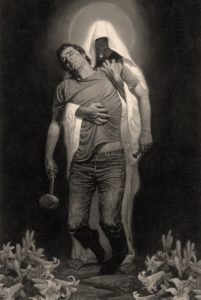 “I Want More of You: The Politics of Christian Eroticism in Postwar Guatemala”
“I Want More of You: The Politics of Christian Eroticism in Postwar Guatemala”
Comparative Studies in Society and History 52(1)2010: 131-156.
Neo-Pentecostal eroticism provides second- and third-generation Christians in postwar Guatemala City with a new kind of conversion narrative. While first-generation neo-Pentecostals tend to rely on images of break and rupture to communicate how they were once lost but now are found, second- and third-generation Christians respond to the language of desire and seduction.
“I Want More of You: The Politics of Christian Eroticism in Postwar Guatemala”
Comparative Studies in Society and History 52(1)2010: 131-156.
Neo-Pentecostal eroticism provides second- and third-generation Christians in postwar Guatemala City with a new kind of conversion narrative. While first-generation neo-Pentecostals tend to rely on images of break and rupture to communicate how they were once lost but now are found, second- and third-generation Christians respond to the language of desire and seduction.
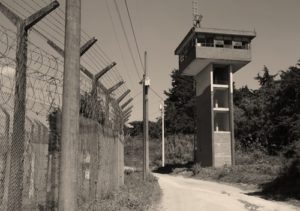 “The Reckless Will: Prison Chaplaincy and the Problem of Mara Salvatrucha”
“The Reckless Will: Prison Chaplaincy and the Problem of Mara Salvatrucha”
Public Culture 22(1)2010: 67-88
While there are a number of reasons that young men and women join the ranks of MS-13, only two options have ever been available to those who wish to leave the gang. One is death. The other is Christian conversion. And so Pentecostal pastors in Guatemala work the streets as well as the confessional to open the hearts of gang members to the saving grace of Jesus Christ.
“The Reckless Will: Prison Chaplaincy and the Problem of Mara Salvatrucha”
Public Culture 22(1)2010: 67-88
While there are a number of reasons that young men and women join the ranks of MS-13, only two options have ever been available to those who wish to leave the gang. One is death. The other is Christian conversion. And so Pentecostal pastors in Guatemala work the streets as well as the confessional to open the hearts of gang members to the saving grace of Jesus Christ.
